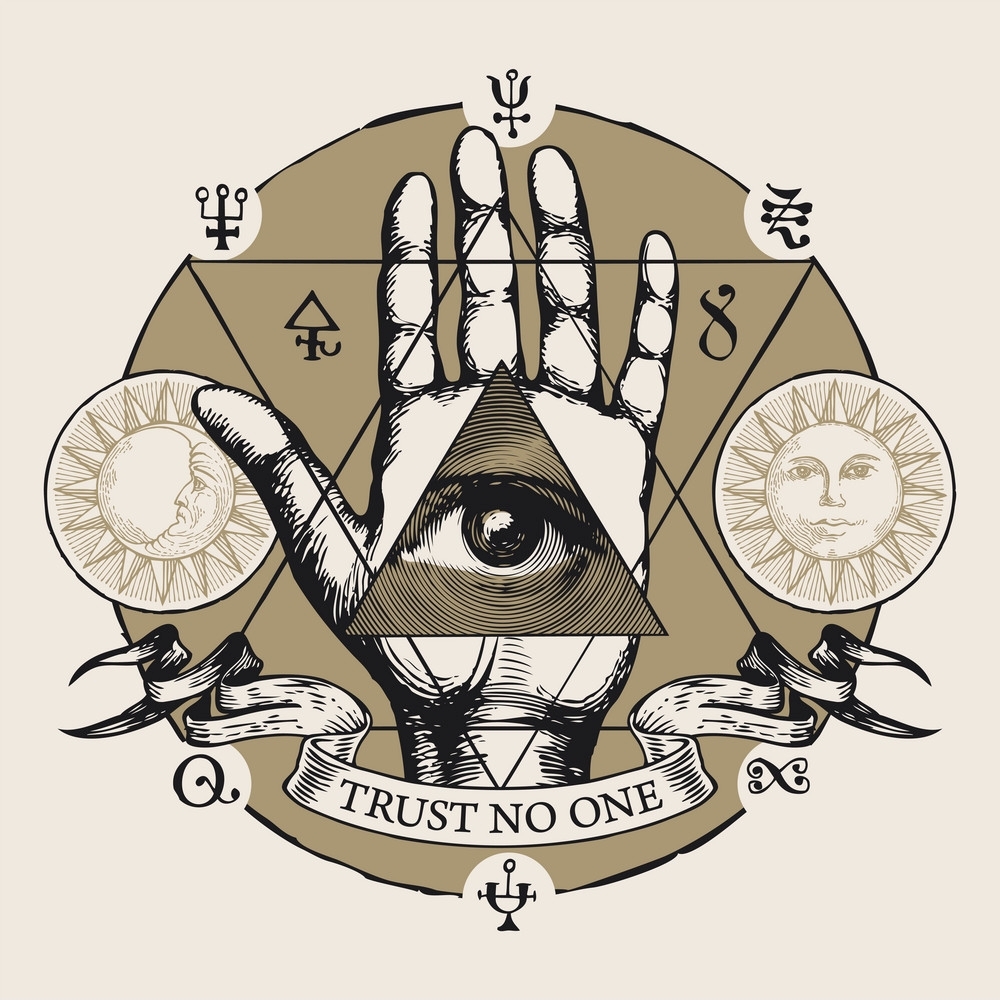Lilith by Michael de Simon
“Legends told about Lilith are ancient. The rabbinical myths of Lilith being Adam’s first wife seem to relate to the Sumero-Babylonian Goddess Belit-ili, or Belili. To the Canaanites, Lilith was Baalat, the “Divine Lady.” On a tablet from Ur, ca. 2000 BCE, she was addressed as Lillake.
One story is that God created Adam and Lilith as twins joined together at the back. She demanded equality with Adam, failing to achieve it, she left him in anger. This is sometimes accompanied by a Muslim legend that after leaving Adam Lilith slept with Satan, thus creating the demonic Djinn.
In another version of the myth of Lilith, she was Adam’s first wife before Eve. Adam married her because he became tired of coupling with animals, a common Middle-Eastern herdsmen practice, though the Old Testament declared it a sin (Deuteronomy 27:21). Adam tried to make Lilith lie beneath him during sexual intercourse. Lilith would not meet this demand of male dominance. She cursed Adam and hurried to her home by the Red Sea.
Adam complained to God who then sent three angels, Sanvi, Sansanvi and Semangelaf, to bring Lilith back to Eden. Lilith rebuffed the angels by cursing them. While by the Red Sea Lilith became a lover to demons and producing 100 babies a day. The angels said that God would take these demon children away from her unless she returned to Adam. When she did not return, she was punished accordingly. And, God also gave Adam the docile Eve.
According to some Lilith’s fecundity and sexual preferences showed she was a Great Mother of settled agricultural tribes, who resisted the invasions of the nomadic herdsmen, represented by Adam. It is felt the early Hebrews disliked the Great Mother who drank the blood of Abel, the herdsman, after being slain by the elder god of agriculture and smithcraft, Cain (Genesis 4:11). Lilith’s Red Sea is but another version of Kali Ma’s Ocean of Blood, which gave birth to all things but needed periodic sacrificial replenishment.
Speculation is that perhaps there was a connection between Lilith and the Etruscan divinity Lenith, who possessed no face and waited at the gate of the underworld along with Eita and Persipnei (Hecate and Persephone) to receive the souls of the dead. The underworld gate was a yoni, and also a lily, which had “no face.” Admission into the underworld was frequently mythologized as a sexual union. (see Tantrism) The lily or lilu (lotus) was the Great Mother’s flower-yoni, whose title formed Lilith’s name.
Even though the story of Lilith disappeared from the canonical Bible, her daughters the lilim haunted men for over a thousand years. It was well into that Middle Ages that Jews still manufactured amulets to keep away the lilim. Supposedly they were lusty she-demons who copulated with men in all their dreams, causing nocturnal emissions.
The Greeks adopted the belief of the lilim, calling them Lamiae, Empusae (Forcers-In), or Daughters of Hecate. Likewise the Christians adopted the belief, calling them harlots of hell, or succubi, the counterpart of the incubi. Celebrant monks attempted to fend them off by sleeping with their hands over their genitals, clutching a crucifix.
Even though most of the Lilith legend is derived from Jewish folklore, descriptions of the Lilith demon appear in Iranian, Babylonian, Mexican, Greek, Arab, English, German, Oriental and Native American legends. Also, she sometimes has been associated with legendary and mythological characters such as the Queen of Sheba and Helen of Troy. In medieval Europe she was proclaimed to be the wife, concubine or grandmother of Satan.
Men who experienced nocturnal emissions during their sleep believed they had been seduced by Lilith and said certain incantations to prevent the offspring from becoming demons. It was thought each time a pious Christian had a wet dream, Lilith laughed. It was believed that Lilith was assisted in her bloodthirsty nocturnal quests by succubi, who gathered with her near the “mountains of darkness” to frolic with her demon lover Samael, whole name means “poison of God” (sam-el). The Zohar, the principal work of the Kabbalah, describes Lilith’s powers at their height during the waning of the moon.
According to legend Lilith’s attraction for children comes from the belief that God took her demon children from her when she did not return to Adam. It was believed that she launched a reign of terror against women in childbirth and newborn infants, especially boys. However, it also was believed that the three angels who were sent to fetch her by the Red Sea forced her to swear that whenever she saw their names or images on amulets that she would leave the infants and mothers alone.
These beliefs continued for centuries. As late as the 18th century, it was a common practice in many cultures to protect new mothers and their infants with amulets against Lilith. Males were most vulnerable during the first week of life, girls during the first three weeks. Sometimes a magic circle was drawn around the lying-in-bed, with a charm inscribed with the names of the three angels, Adam and Eve and the words “barring Lilith” or “protect this newborn child from all harm.” Frequently amulets were place in the four corners and throughout the bedchamber. If a child laughed while sleeping, it was taken as a sign that Lilith was present. Tapping the child on the nose, it was believed, made her go away.”
– Alan G. Hefner, Lilith for Encyclopedia Mythica


